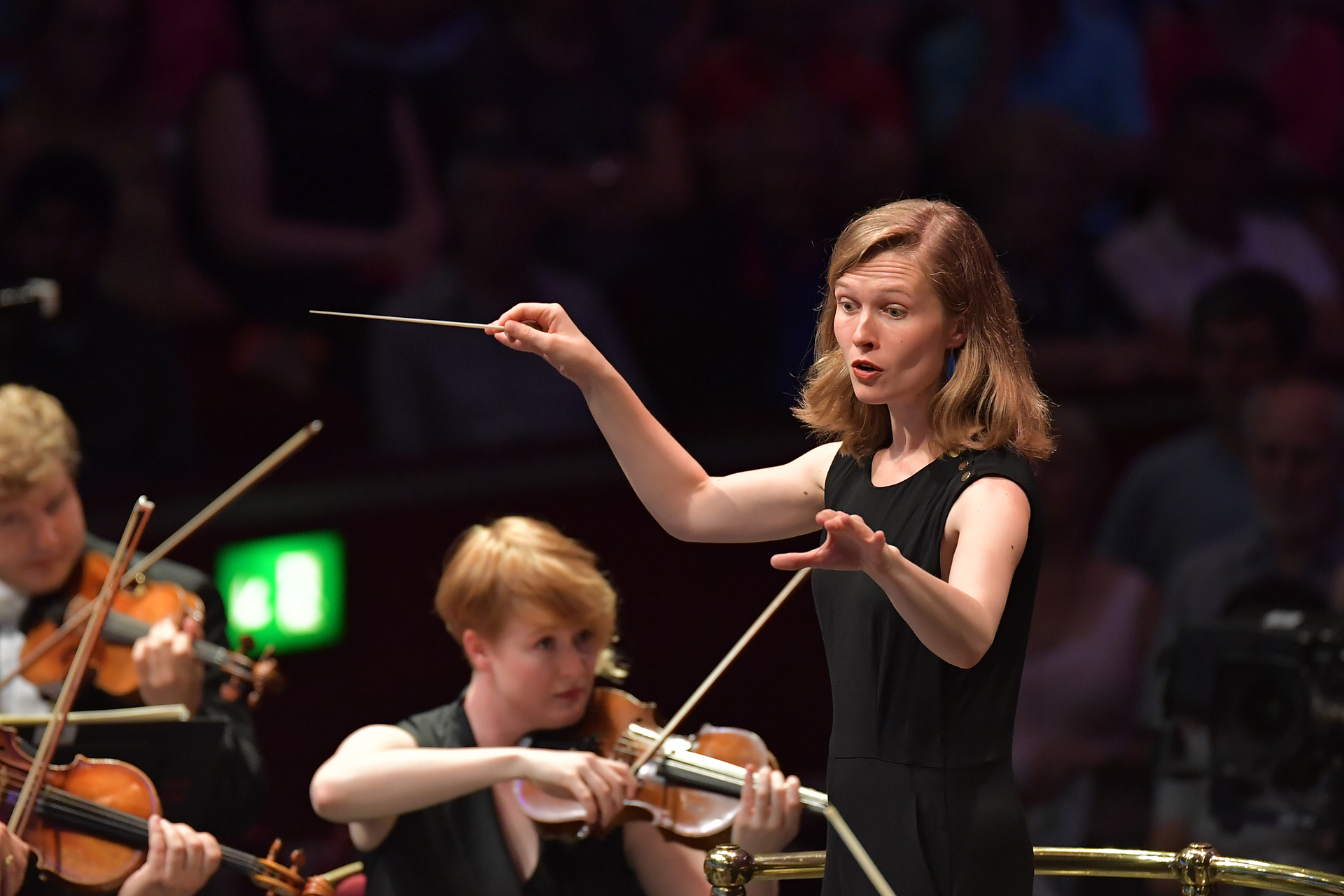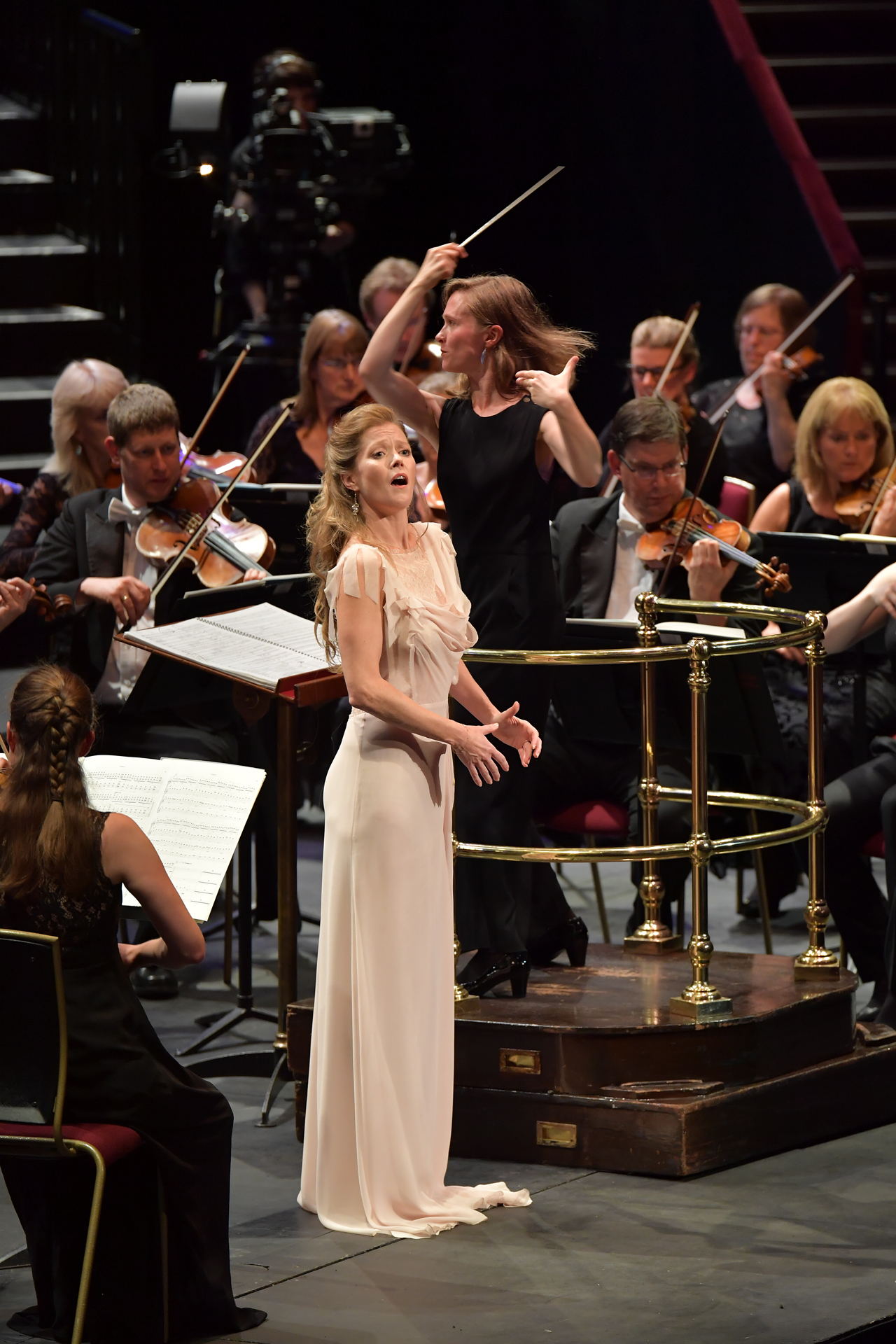If ever there was a Prom to put London’s classical crowd in their place, to remind us (as those outside the capital so frequently and justifiably do) that the city isn’t the be-all and end-all of concert-going, then this was it. It featured three major debuts – all of them overdue, two of them musical hand-me-downs from Birmingham. The CBSO’s much-anticipated new music director Mirga Gražinytė-Tyla made not only her Proms but also her London debut, bringing with her Hans Abrahamsen’s RPS and Grawemeyer Award-winning song-cycle let me tell you, a London premiere lagging almost three years behind its first performance in 2013.
Gražinytė-Tyla formally takes up her position at Birmingham next month, as Richard Bratby reported earlier this year, so this concert (and its Birmingham twin, 24 hours earlier) offered a preview of things to come. On the limited but telling basis of the Overture to Mozart’s The Magic Flute, Tchaikovsky’s Fourth Symphony and the Abrahamsen, the CBSO has done it again. This is a conductor whose physical authority – big, expansive urges to expression set against thrilling vertical precision – is matched by her creative intelligence, her ability to look at a piece and see its architectural peaks and planes crosshatched quite differently to her colleagues.
At once fresh and deeply serious, this was the overture to an opera you’d very much want to see
Take the Mozart. It started slow, very slow. But just as the weight of it became too much to bear, the offbeat violins pulling laboriously against the orchestral current, the music skipped into an Allegro of giddy speed, suddenly unsettled and scrambling for footing – musicians transplanted into a world where the normal rules don’t apply, making up the counterpoint as they went with desperate invention. At once fresh and deeply serious, this was the overture to an opera you’d very much want to see – not, I suspect, a cutesy, fairytale production, but one of grown-up fantasy and human failings.


At the centre of this still sonic world is Barbara Hannigan (pictured above with Gražinytė-Tyla), the soprano whose extraordinary range and expressive capacity inspired and helped shape the work. To watch Hannigan is to see Griffiths’s Ophelia (a more emancipated, articulate creature than Shakespeare’s) come alive. The tone-colours available to her – from the white light of her denatured purity at the top of her register, to the guttural directness of the bottom – are myriad, and deployed with deft musicality and care. Together with Gražinytė-Tyla and the CBSO she wove a musical tale here all the potent because this Scheherazade, we know from the start, is already condemned to death.
London had better get used to feeling jealous, because Gražinytė-Tyla has just given us one more reason to envy Birmingham her wonderful CBSO.












Add comment